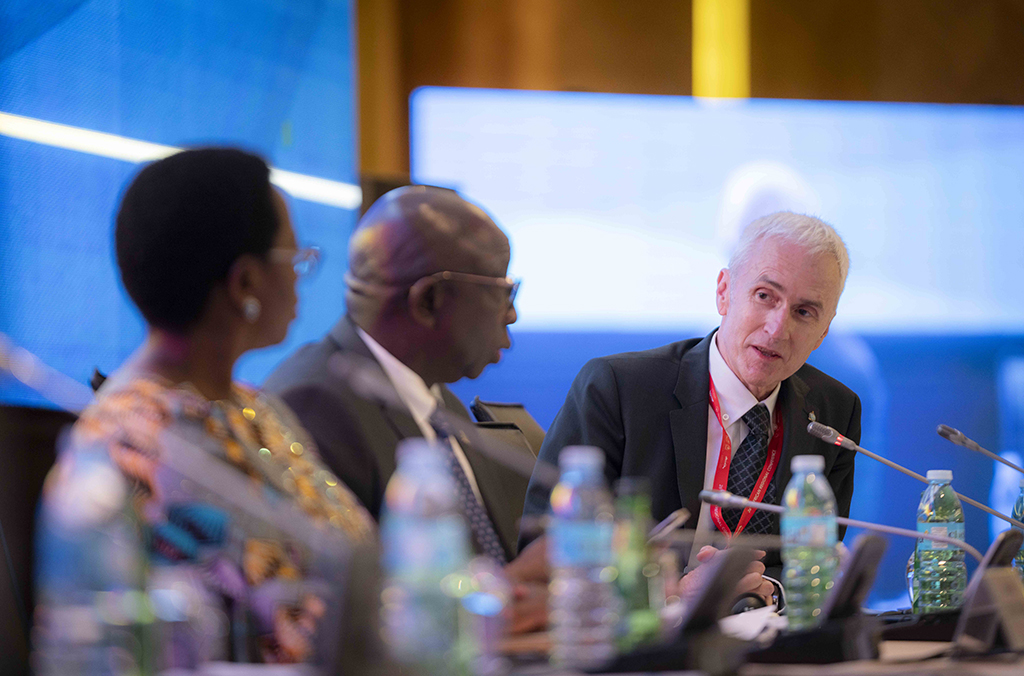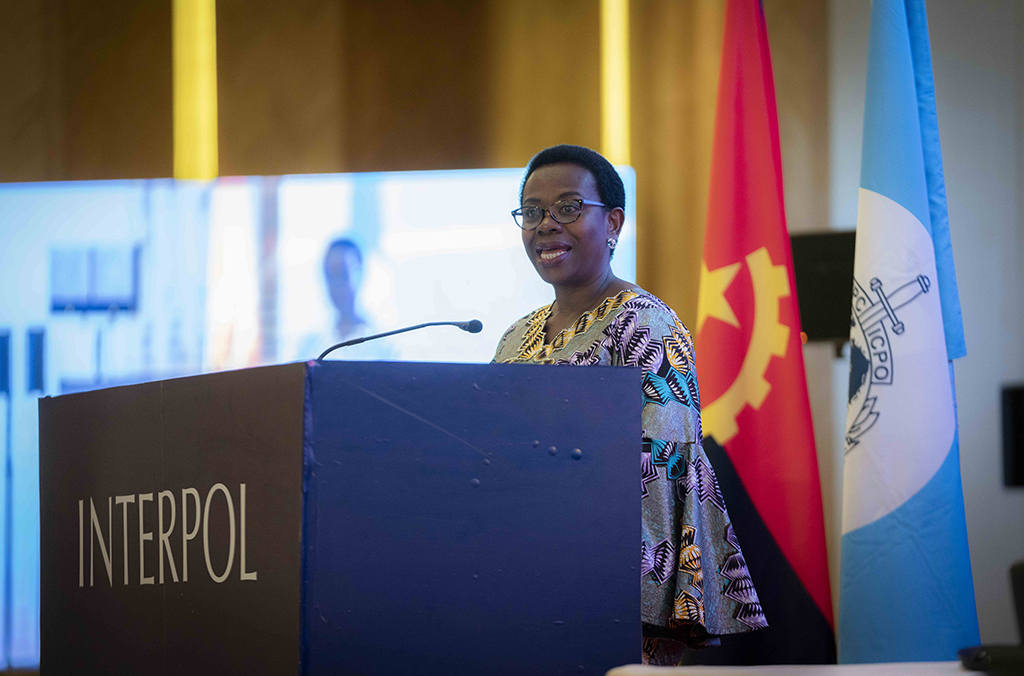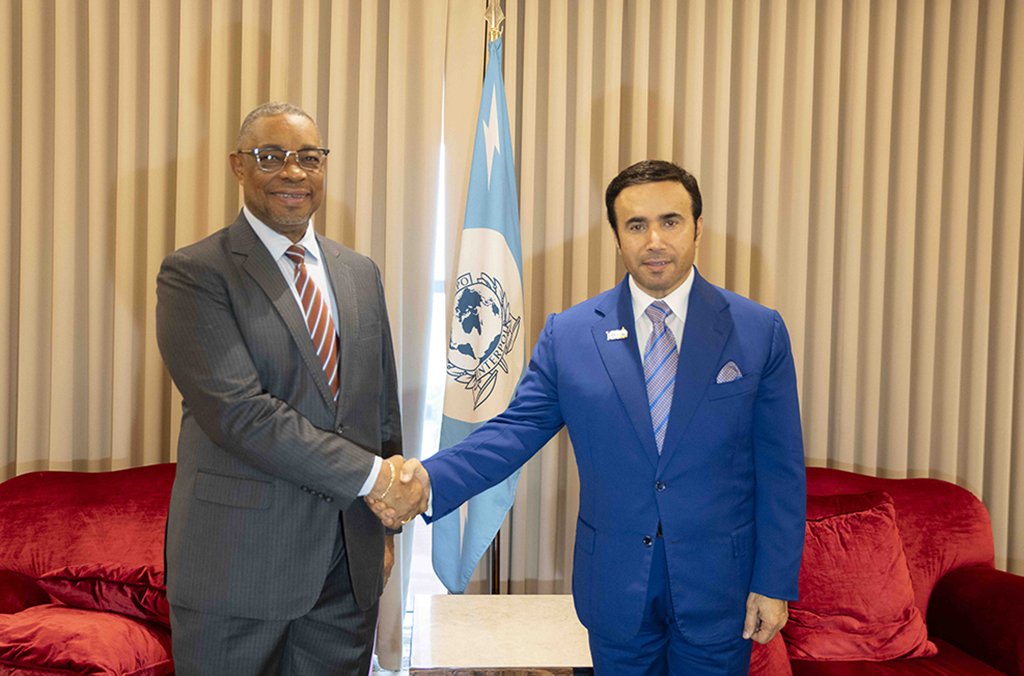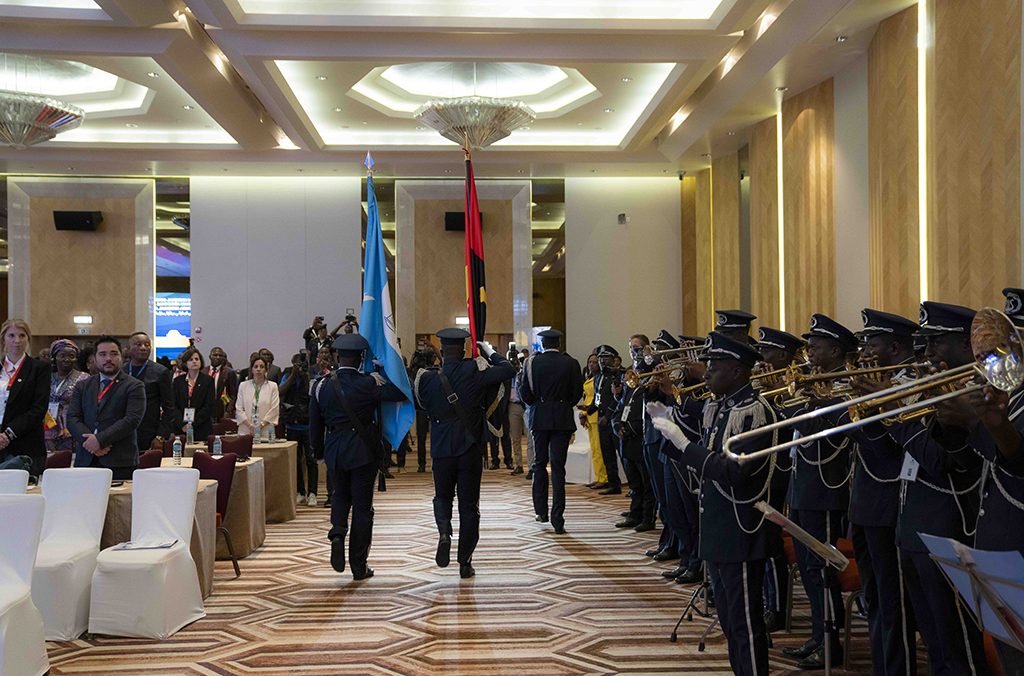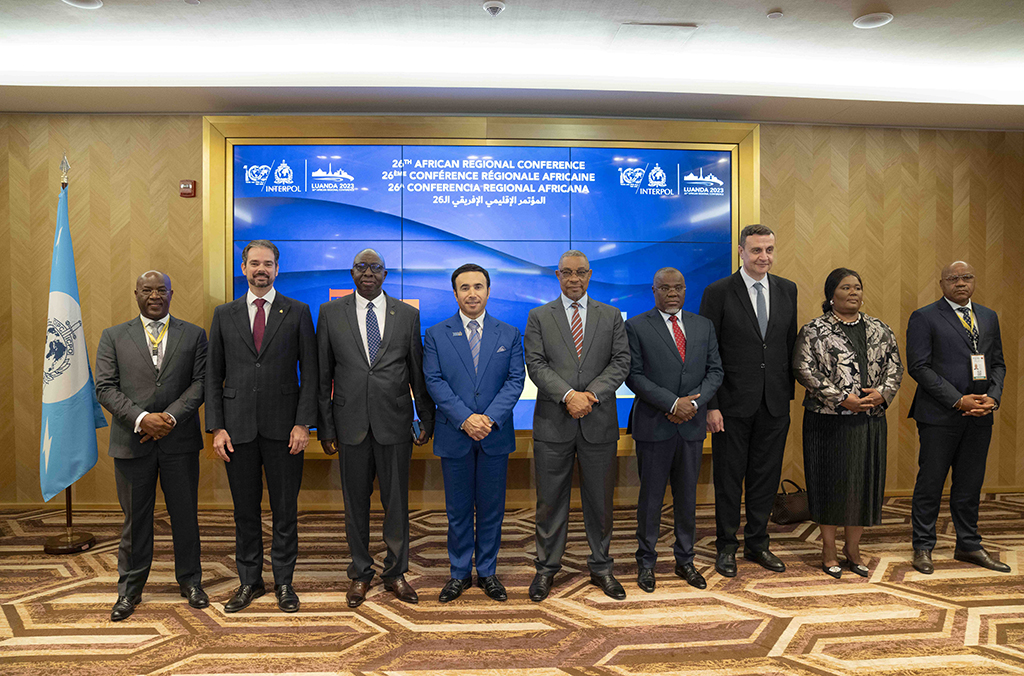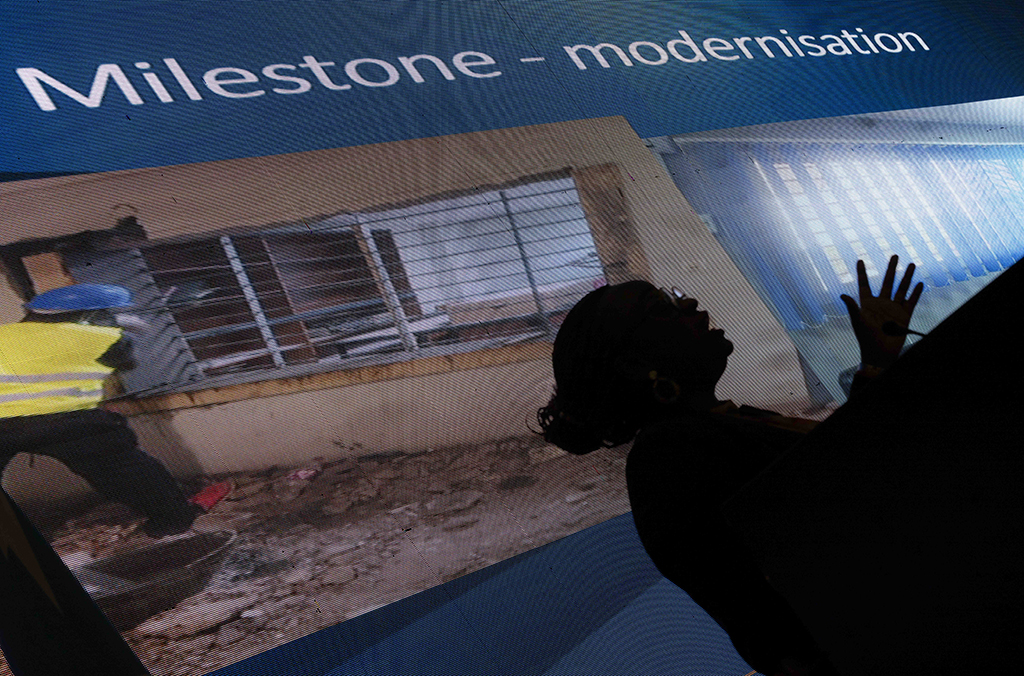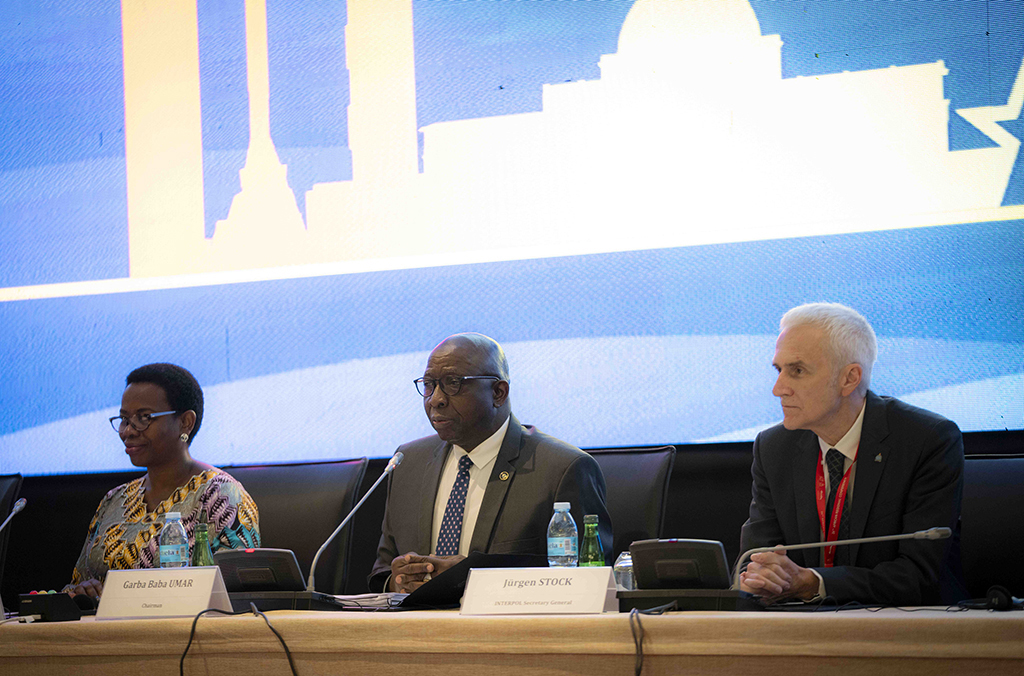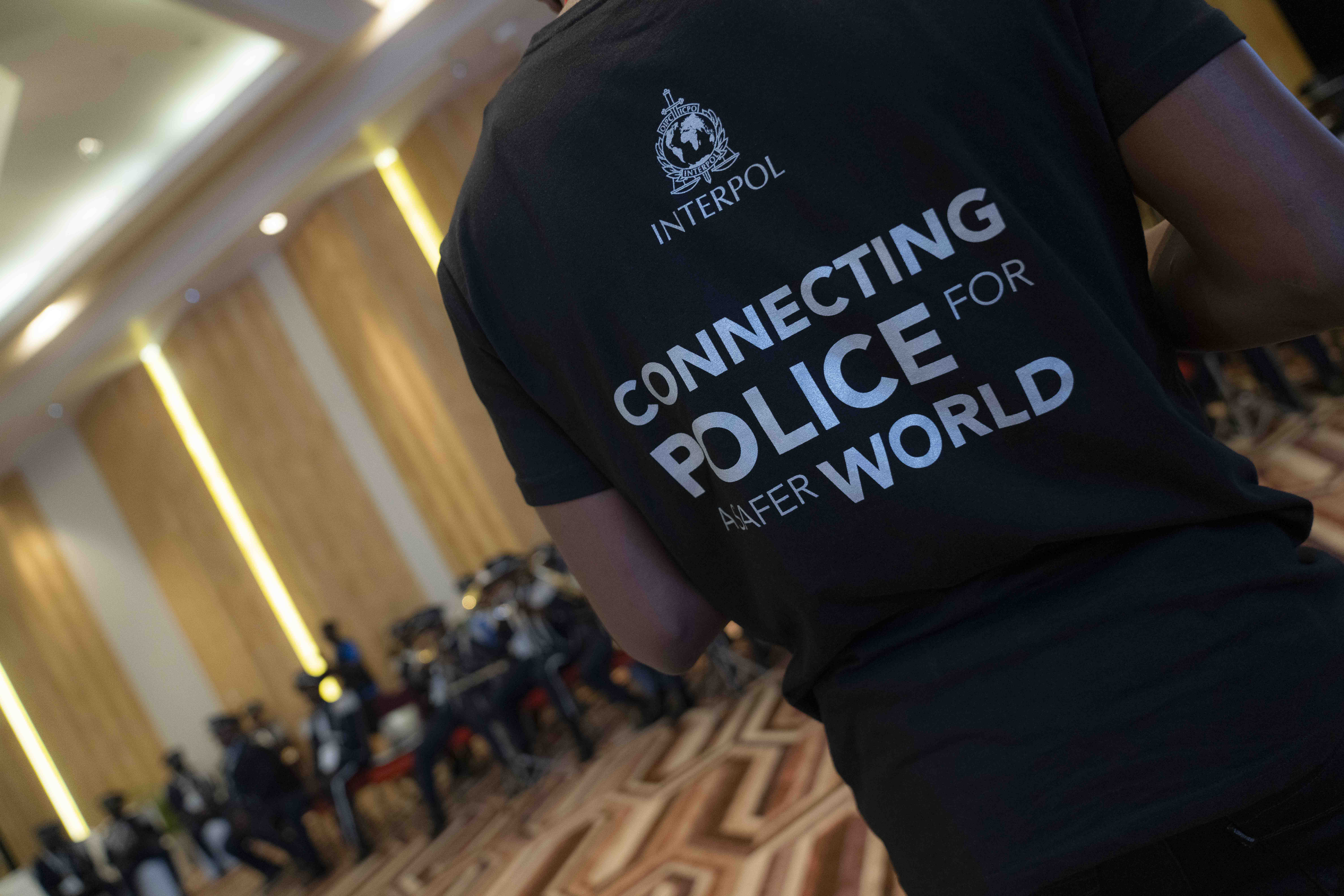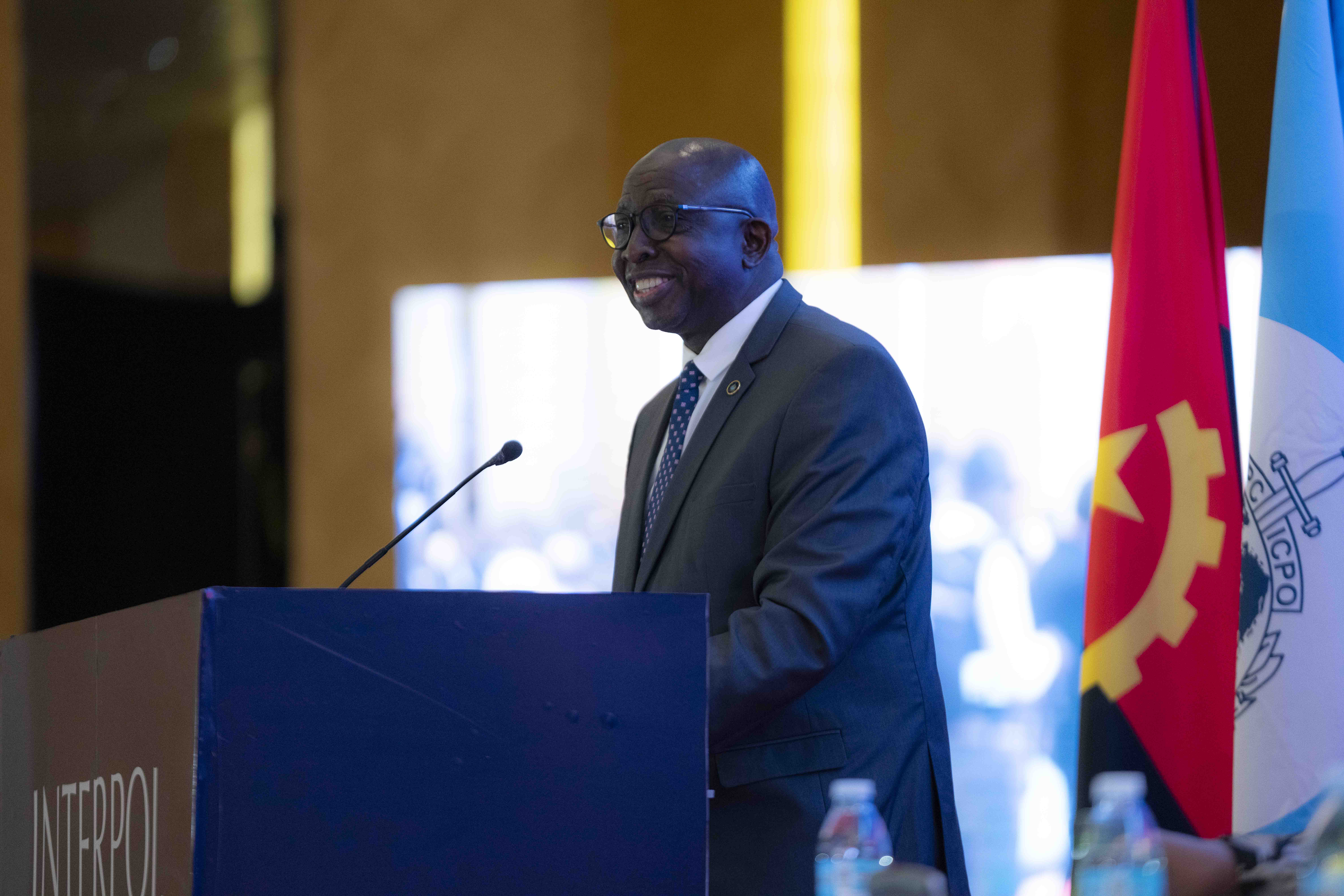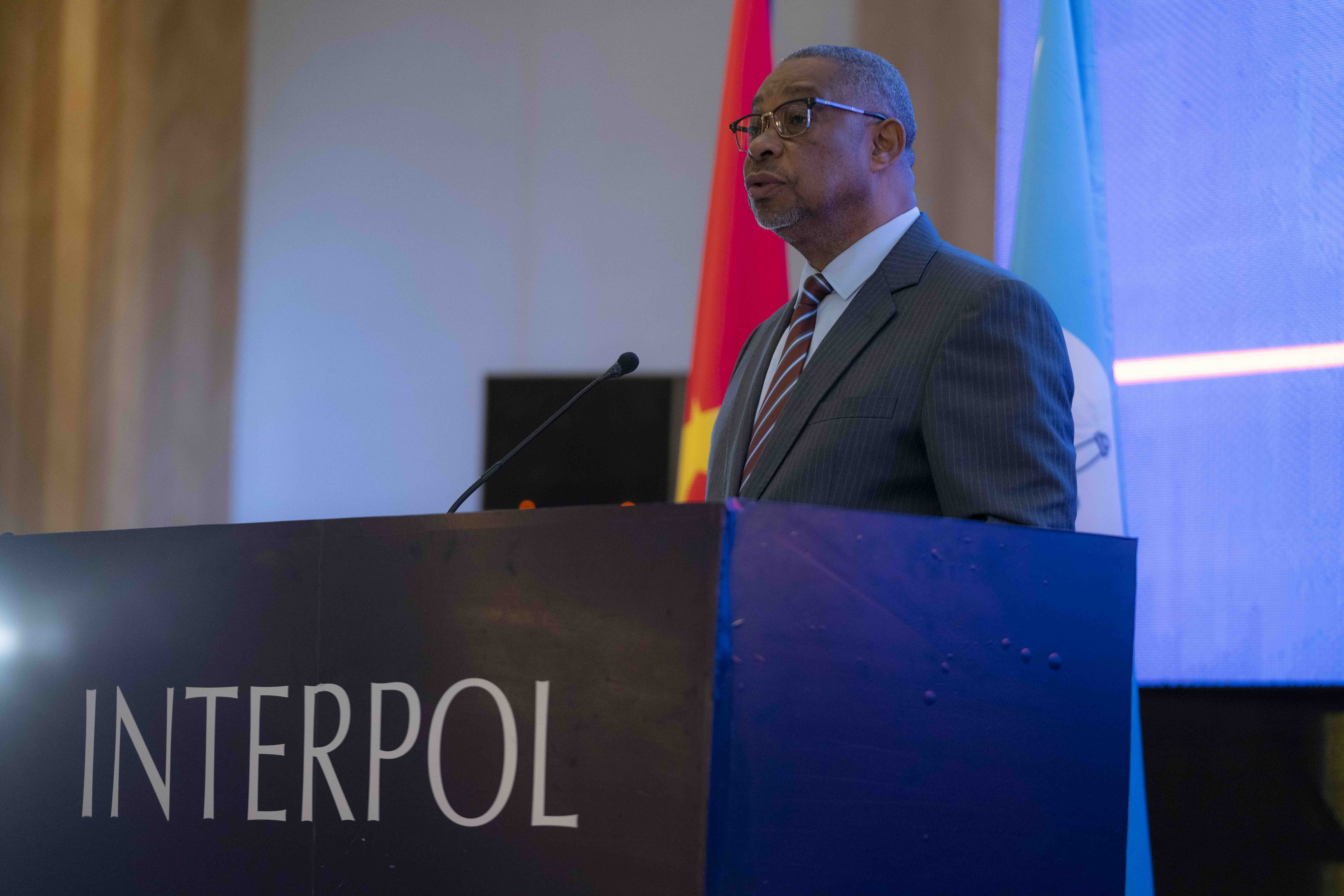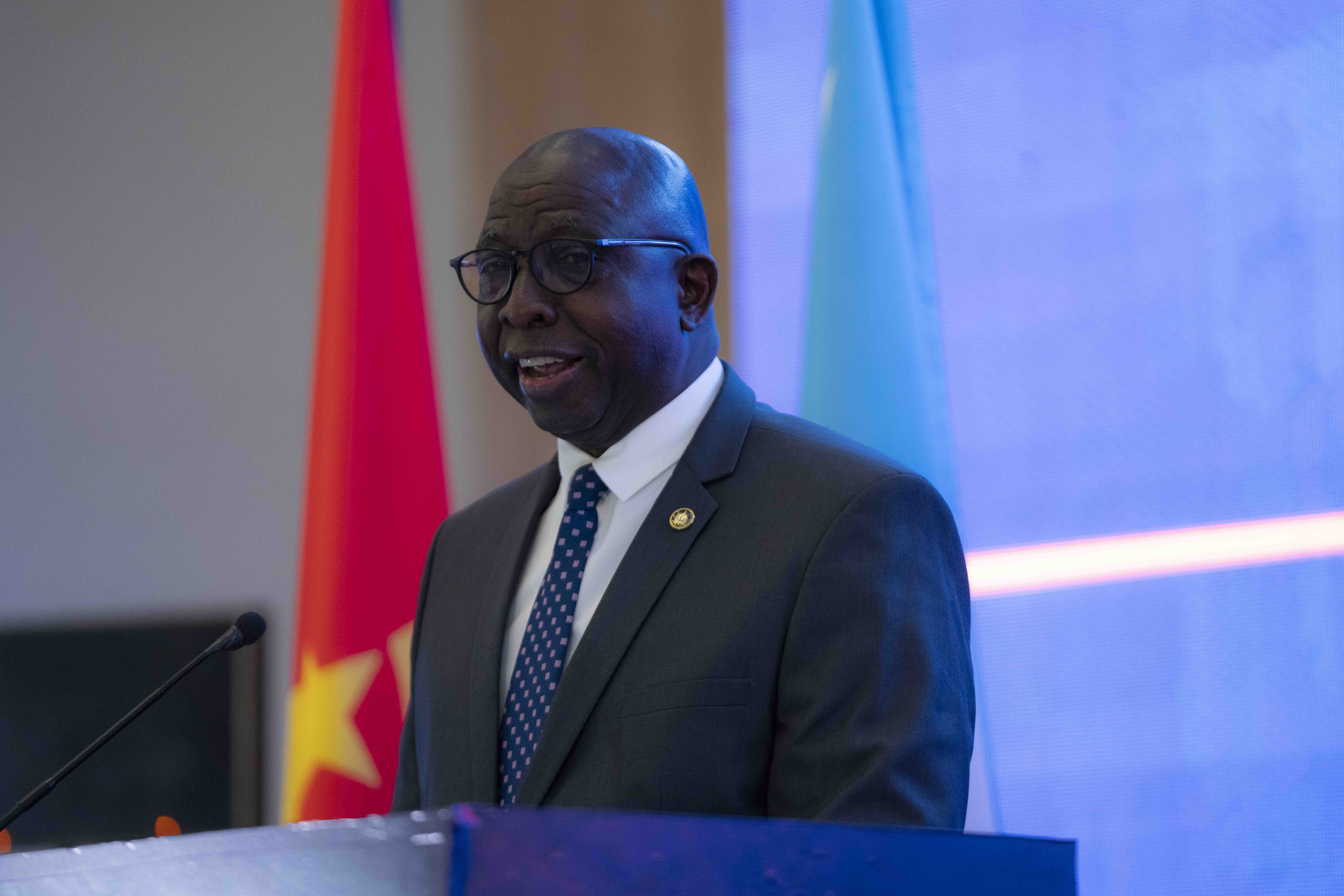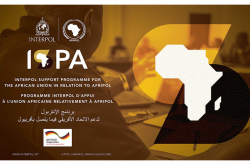LUANDA, Angola: Police leaders from Africa have voted to adopt a series of far-reaching recommendations to boost the exchange of police data within the region.
With the amount of data that countries across the region share through INTERPOL systems increasing by 7 per cent in the past year, even greater information sharing within and beyond Africa is recognized as a necessary condition to effectively address global crime threats.
“INTERPOL’s tools and services automatically connect police forces internationally, but we have not fully exploited this investment,” said Garba Baba Umar, Vice-President for Africa on INTERPOL’s Executive Committee, who chaired the conference.
“We have a common vision for a safer Africa, set as a building block for the security of our globe,” Vice-President Umar added.
INTERPOL’s Africa strategy, which was adopted by delegates on the final day of the conference, will seek to strengthen the exchange of “actionable information” through a set of targeted projects.
Reinforcing strategic partnerships with the African Union and regional police chief organizations will also be prioritized, with initiatives such as the INTERPOL Support Programme for the African Union (ISPA) demonstrating tangible results.
“INTERPOL is a benchmark for successful cooperation. Because, without cooperation and exchange of information, global security and stability are threatened,” said Monique Nsanzabaganwa, Deputy Chairperson of the African Union.
“Every year, Africa loses on average USD 60 billion in illicit financial flows, and more than USD 140 billion to corruption. […] The African Union will continue to rely on African police through AFRIPOL, INTERPOL and police in member states to respond to these threats, Deputy Chairperson Nsanzabaganwa said.
Cyber wildlife investigations
Specific recommendations on strengthening cooperation against environmental crime and terrorism were also approved.
Noting that illegal online wildlife markets continue grow at an alarming rate, delegates agreed to monitor and assess advertisements and social media groups to verify the extent and nature of their content, as well as to initiate national cyber wildlife investigations.
INTERPOL’s Africa strategy notes that environmental crime continues to increase, further exacerbating the negative impact of climate change affecting the region.
A major source and transit region for environmentally sensitive commodities that are exploited and illegally trafficked to the rest of the world, Africa is a destination region for waste and other pollutants, often illegally trafficked and disposed of.
Terrorist activity has also increased in Africa, according to INTERPOL’s 2022 Global Crime Trend report, particularly since the territorial collapse of the Islamic State (Da’esh). Delegates resolved to leverage emerging technologies to better detect and disrupt terrorist movements across borders through increased regional and global police data-sharing.
A stronger regional presence
Africa hosts more INTERPOL member countries than any other region, representing nearly one third of the Organization’s membership. The continent also hosts four of INTERPOL’s six regional bureaus: in Abidjan, Harare, Nairobi and Yaoundé.
Noting the need to strengthen Regional Bureaus as a tool to provide tailor-made support to African member countries, delegates agreed to enhance the analytical capacity of INTERPOL’s African regional bureaus by increasing the frequency and volume of data provided to them.
In turn, the regional bureaus agreed to plan and conduct regular joint operations with African regional police chief organizations targeting terrorism, cybercrime and transnational organized crime. As part of this partnership, joint annual action plans will be developed based on regional threats and member country needs.
Over three days (3-5 October), INTERPOL’s 26th African Regional Conference brought together more than 160 senior police leaders from 36 countries in Africa and around the world.




